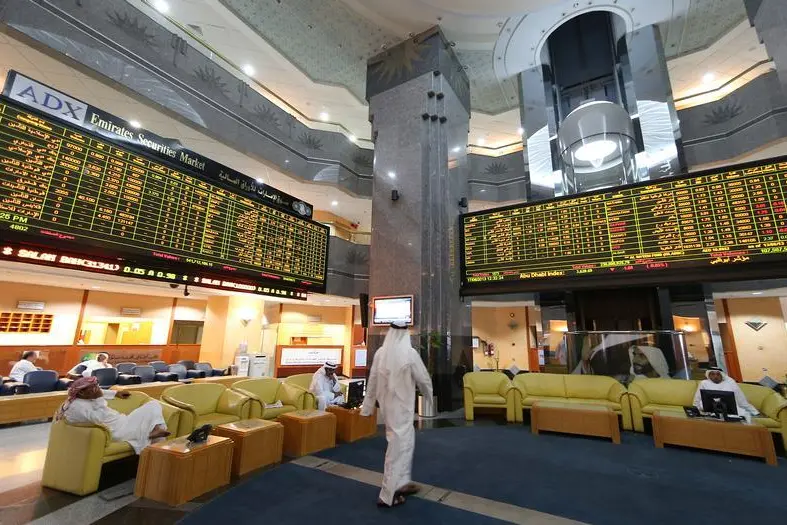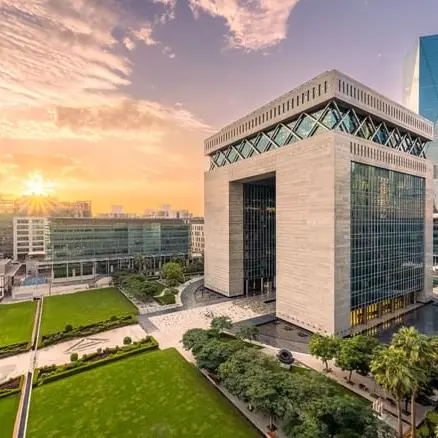PHOTO
Saturday, Jan 09, 2016
Abu Dhabi: Diversification in the allocation of assets coupled with cherry-picking of investments are the favourouble way to go in 2016 as risk-taking is unlikely to be rewarding amid a challenging macroeconomic environment, analysts said.
While valuations in the UAE’s equity markets are already attractive with expectations for share prices to drop even further, analysts said they favoured fundamentally-sound stocks and advised against riskier stocks.
Vijay Harpalani, fund manager at Dubai’s Al Mal Capital, said that achieving a meaningful growth in earnings will be very difficult against a challenging backdrop in 2016.
“Defensive asset allocation will be key in 2016. We would favour allocating to selective bonds with low maturity profile, and equity exposure to defensive sectors like health care, consumer staples, and telecommunications. [As] risk-taking is not likely to be rewarded this year, we prefer staying with sizeable amount of cash,” he said.
Harpalani pointed that geopolitical risks, the pace of the interest rate hikes from the US Federal Reserve, and slow growth from China could take a toll on the UAE’s markets this year.
“Despite correction in regional bond prices last year, we are concerned due to potential credit downgrades of GCC issuers on weakening macroeconomic profile, and interest rate risk given Fed’s outlook.
We are also worried about the high amount of leverage in regional bonds, which when unwound, can accentuate pressure on bond prices at a time when liquidity conditions are not so accommodative,” he said.
Investors can still benefit from volatile prices, however, by building positions in companies with solid fundamentals at low valuations, he added.
Similarly, Saleem Khokhar, head of fund management at the National Bank of Abu Dhabi’s asset management group, agreed, saying that people should be cautious about riskier investments.
“It’s quite correct to look beyond pure equities and bonds, so some alternatives would make sense. By alternatives, I mean gold, for instance, and perhaps even a small allocation to the hedge fund space where you are expected to perform regardless of market direction. An element of that in the portfolio — maybe up to 10 per cent — would be sensible,” he said.
Khokhar added that investors could also benefit from a reasonable amount of exposure to developed markets especially during the first half of 2016 as they seem to be performing better than emerging markets.
“I think in the second half of this year — around the third quarter — is probably when you would want to look at increasing exposure to equity markets [in the GCC]. If you’re already in equities, I think cherry-picking is key. I think you want to continue to avoid the petrochemical space, and the focus would be more on banking and telecommunication,” he said.
Asset allocation in real estate stocks could be risky this year as they are more prone to volatility amid lower oil prices, while the banking sector (and hence, its stocks) is likely to benefit from the interest rate hike.
But even as analysts warned against taking risks, they pointed that challenging markets often provide the biggest gains but only on a long-term view.
“You need to be quite brave to be going in to markets that are collapsing around you. But history has taught us that those who are able to come in when it seems to be the most challenging of times do in the longer term tend to make spectacular gains.
Is this the right time to be going in? I suppose it’s a little early, so I’d like to see this play out a little bit longer, so I’d be watching developments over Q1 quite closely before rushing in,” Khokhar said.
A report issued by Barclays Bank’s Wealth and Investment Management division in late December recommended asset allocation in global equities over fixed income. However, it did favour developed government bonds over investment grade, high yield, and emerging markets bonds.
The report was underweight on emerging markets in the short term, but maintained a constructive long-term view for them.
Vic Malik, head of Global Investments and Solutions for the Middle East and North Africa at Barclays Wealth and Investment Management, said that investors should continue to focus on equities, and away from the overpriced bond market.
“Investors will continue to have concerns next year over a number of issues, including effects of the slowdown of the Chinese economy, corporate debt in emerging markets given a stronger US dollar, and the trajectory of the US interest rate if inflation nears the Fed target,” Malik said.
In the UAE’s equity markets, investors can expect another volatile year ahead (http://gulfnews.com/business/sectors/markets/challenging-year-ahead-for-uae-equities-1.1646435) as oil prices, government policies to reduce deficits, and other macroeconomic factors are set to continue to define sentiment.
By Sarah Diaa Staff Reporter
Gulf News 2016. All rights reserved.





















